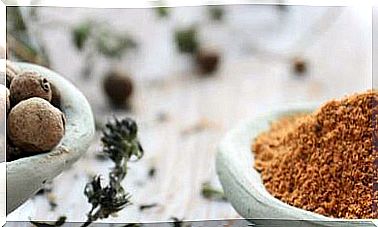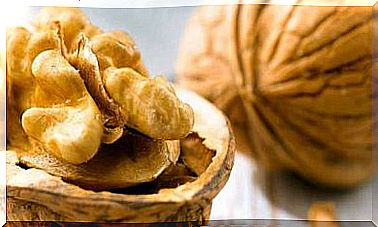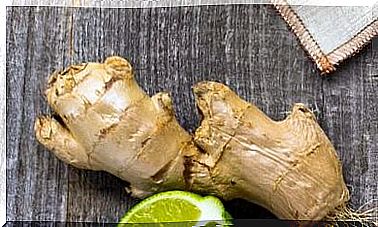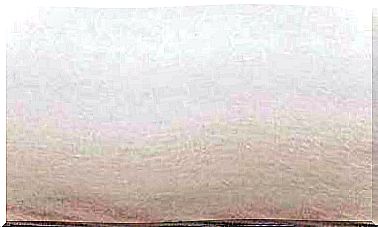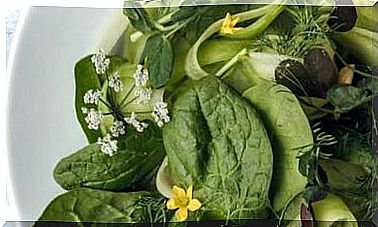The Black Radish Helps To Protect The Liver
This radish for medicinal use favors the purification of the liver and contributes to the prevention of cancer.
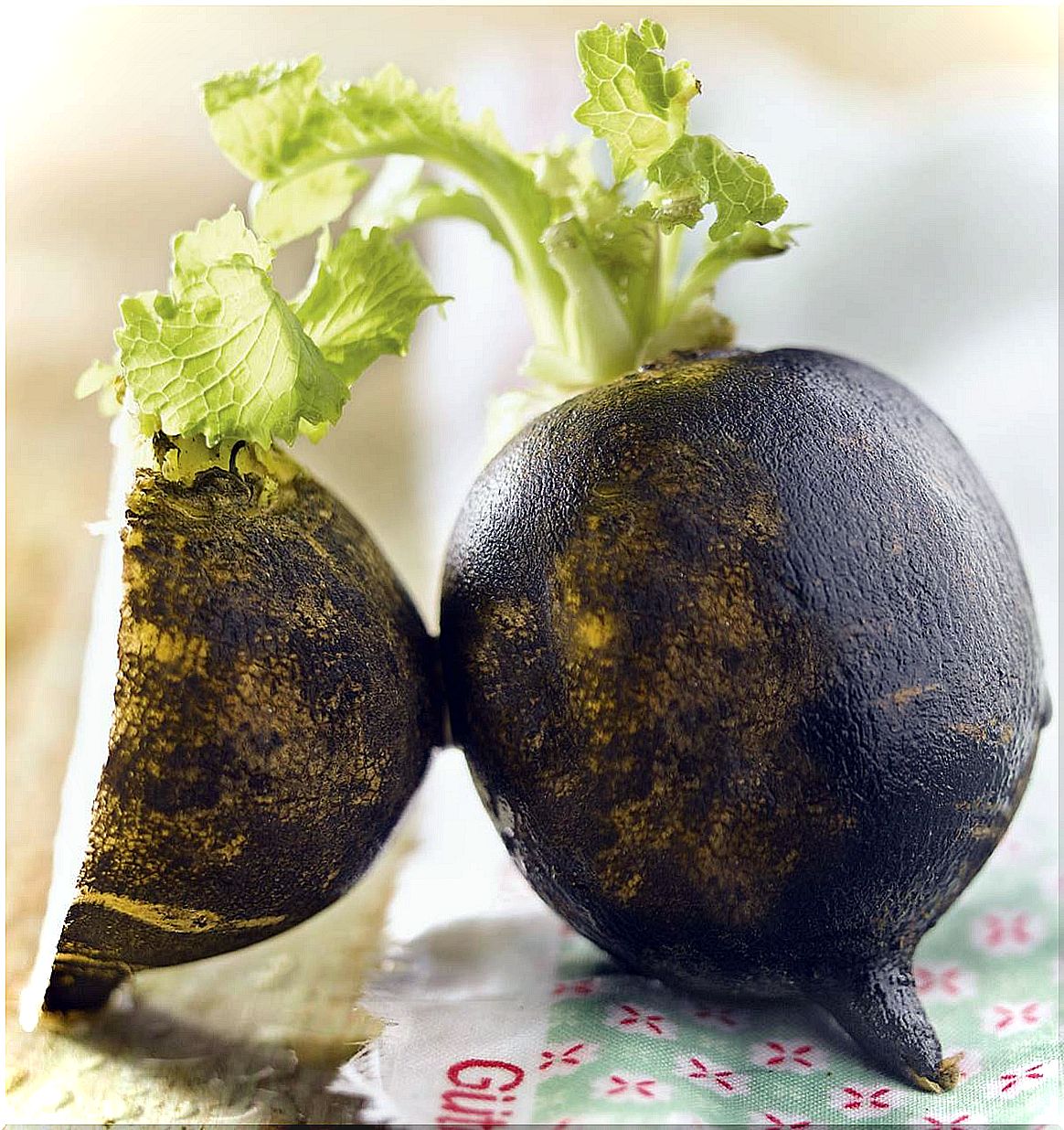
The radish ( Raphanus sativus ) belongs to the family of cruciferous, multiple species whose monopolize the top positions in the list of anti – cancer vegetables. Among its varieties is the black radish, the most used for medicinal purposes due to its multiple therapeutic properties.
Its skin is hard and difficult to digest, but it has white meat that is very digestive. The traditional Chinese medicine prescribed in cases of fever, digestive disorders, intestinal infection, ulcer and flatulence.
Its health properties
Although it is less nutritious than roots such as carrots or beets, black radish has a unique combination of phytochemicals that gives it a long list of properties:
- anticancer
- antimicrobial
- antioxidants
- diuretic
- purifying
- anti-inflammatory
- hepatoprotective
- digestive
- mucolytics
- immunostimulants
Specifically, in the composition of black radish we find glucosinolates, isothiocyanates and indoles, as well as various sulfur substances, vitamins, minerals and fiber.
The glucosinolates are molecules with spicy ability to remove harmful parasites. The isothiocyanates and indoles promote detoxification and contribute to the prevention of cancer. Organic sulfur compounds such as raphanol and rafanin provide cholagogue, choleretic, and antibiotic properties.
The content of vitamin C and folates is also remarkable . As for minerals, potassium and iodine stand out.
When is black radish indicated
Black radish is especially indicated in the following cases:
- Liver and biliary disorders. It stimulates the production of bile and the emptying of the gallbladder, favors the drainage of toxic waste accumulated in the liver and helps prevent the formation of stones. It improves migraines of liver origin and keeps cholesterol and triglycerides at bay.
- Digestive disorders It opens the appetite, stimulates the production of gastric juices, relieves dyspepsia, constipation and meteorism, fights intestinal infections and exerts a mild laxative effect.
- Immunostimulant and anticancer. It counteracts the action of free radicals, eliminates pathogens that harbor the digestive, urinary and respiratory mucosa, modulates detoxification enzymes and inhibits the progression of cancer cells.
- Cardiovascular problems. Increases diuresis and lowers blood pressure, which helps prevent complications of the circulatory system.
- Sinusitis and bronchitis. With a mucolytic effect, it softens mucus and favors expectoration.
How is it taken
Including black radish in your regular diet can have both a preventive and a curative effect. It also comes in encapsulated or liquid form along with other medicinal plants, such as artichoke, milk thistle or dandelion.
The therapeutic dose ranges between 200 and 600 mg daily or one ampoule daily on an empty stomach dissolved in a glass of water or juice.
